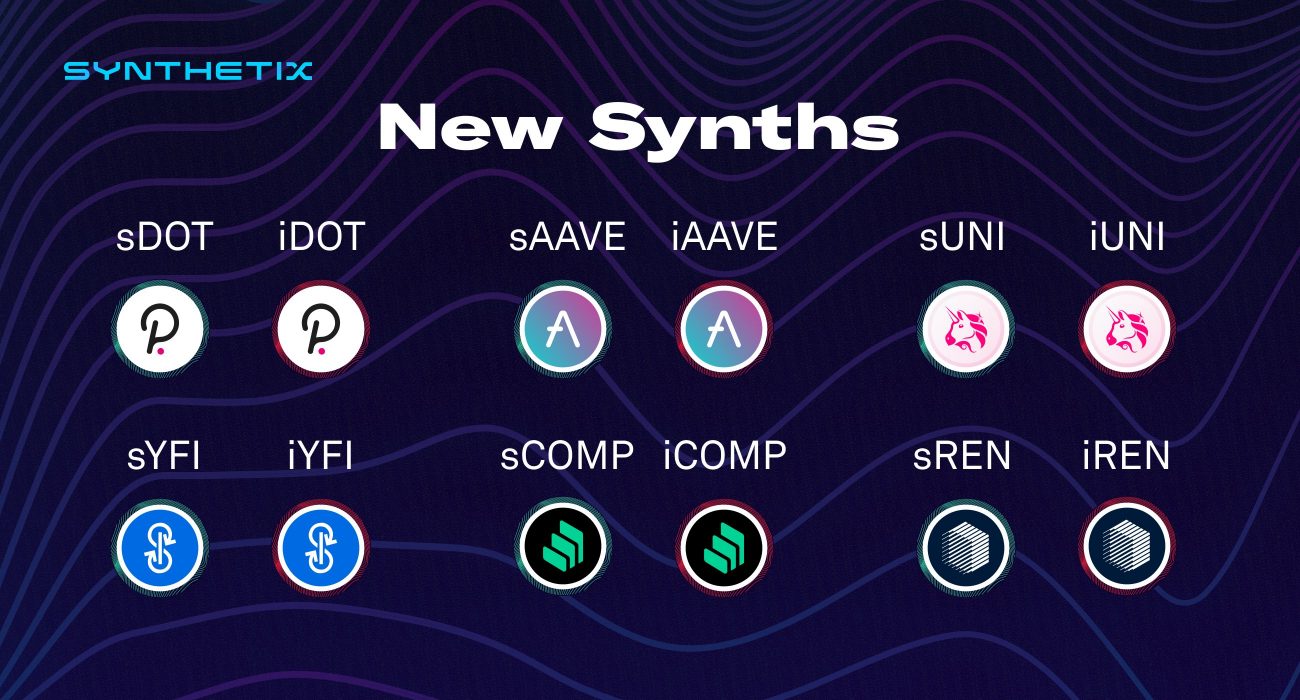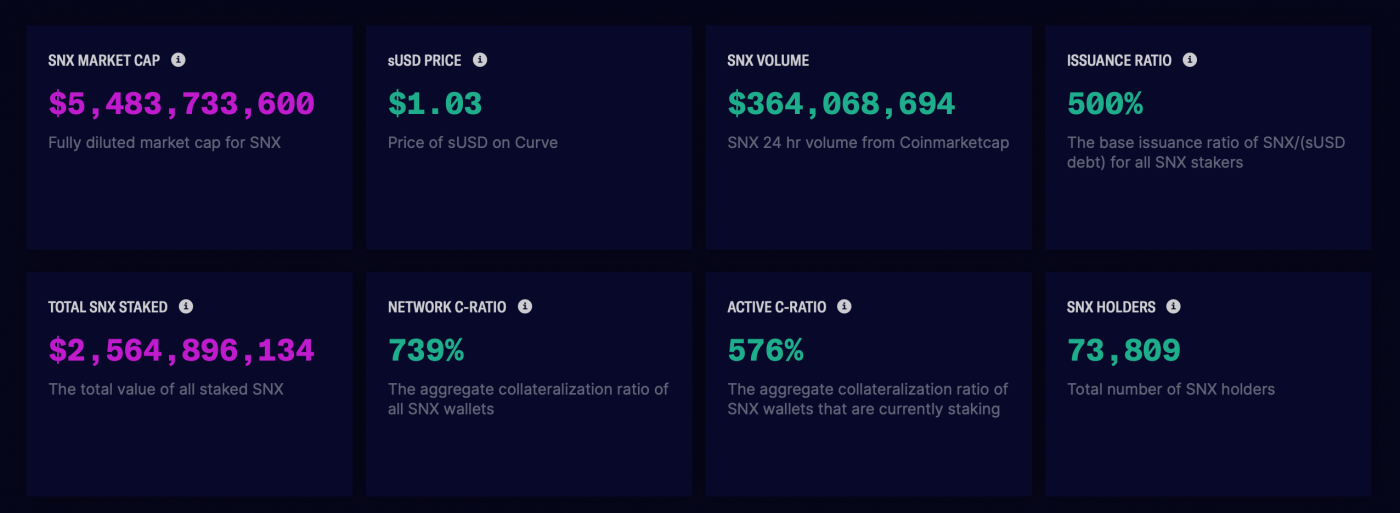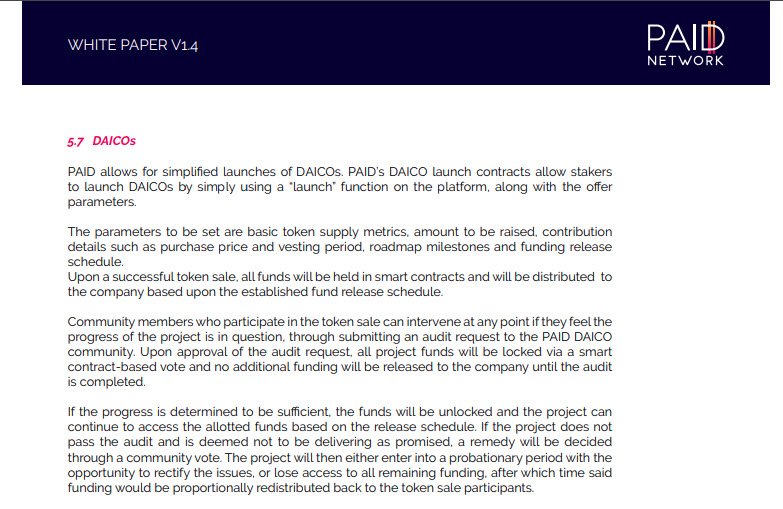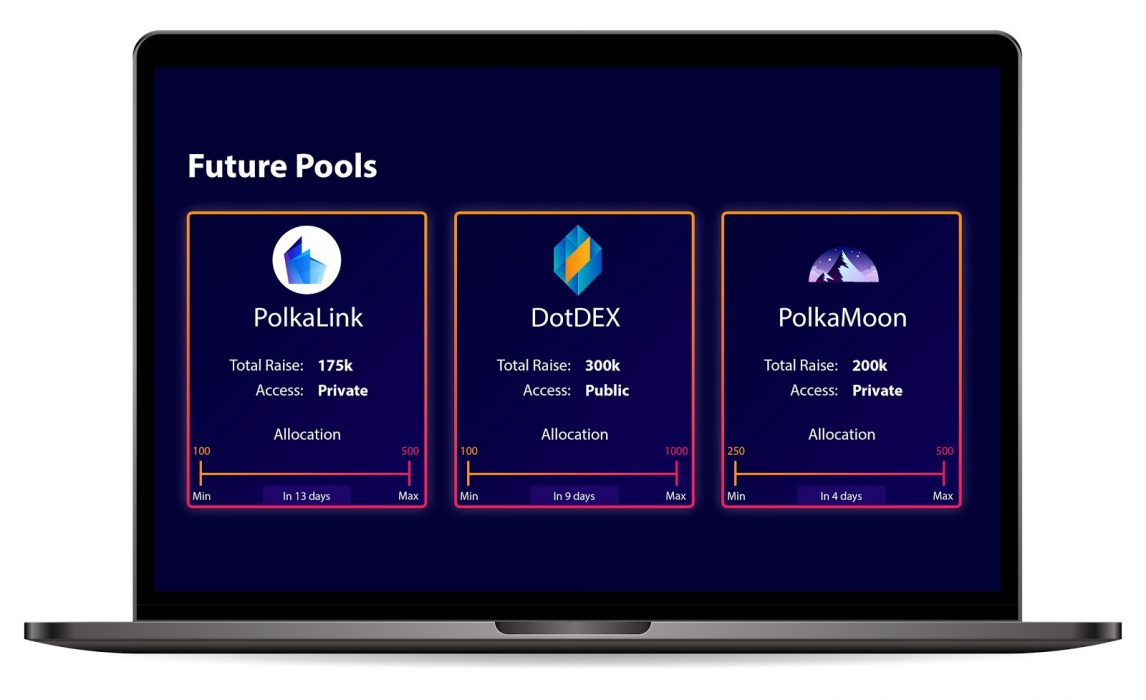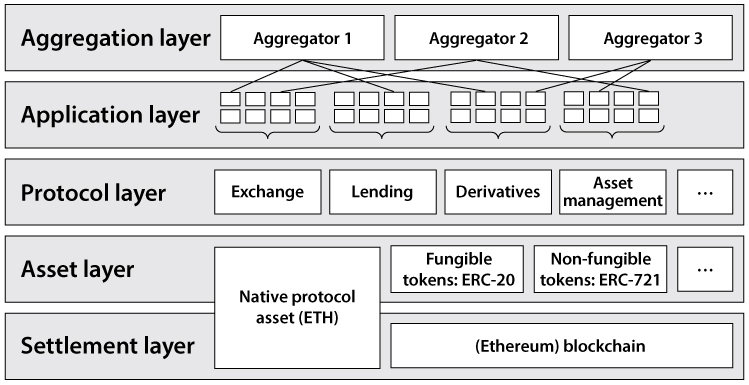Mark Carnegie, venture capitalist and co-founder of the investment bank M.H. Carnegie & Co. has recently spoken publicly about how important cryptocurrencies could be for Australia. According to Carnegie, traditional Australian funds have “screwed up” and failed to recognise the current situation.
Carnegie admitted that it took a long time for him to fully accept cryptos but now admits that “it took too long, but I now believe that crypto is here to stay”. He says his portfolios “have a giant hole in them because they don’t include Bitcoin and Ethereum”.

Crypto Might Be The Only Answer For Australia
The national Reserve Bank keeps rates on hold, a move that affected the Australian Stock Exchange negatively. Some analysts even argue that the housing market could be at risk of overheating.
Carnegie argues that while inflation, economic collapse, and possible bubbles like the housing market are a reality that the banks and traditional funds in Australia have failed to recognize. While this happens, Carnegie states that Crypto might be “the only answer” to address these issues, not only in Australia but globally.
Crypto is currently a sideshow for Australia, but as an effective protection from expropriation in many other countries where hyperinflation and economic collapse are potential realities, it might just be the only answer.
Stated Carnegie for Financial Review
DeFi is Coming
Moreover, Carnegie spoke about the current role of Decentralised Finance (DeFi), and what it can bring to the digital economy, and how it can potentially reshape the way people view finance as well.
While DeFi has a number of challenges to take care of, the decentralization and the independence from third parties and bankers are the main attractive feature of DeFi, but the main challenges rely on friction in human relations:
Will the promise of decentralised finance and smart contracts revolutionise transaction friction in human relations? The first place that this question is being answered is in payments and money transfers.
Stated Carnegie for Financial Review
Carnegie mentioned the outstanding growth of fintech and DeFi platforms in Australia, the number of crypto fintech and DeFi platforms have grown at least 16% in January, following the bull run for Bitcoin and DeFi-related tokens.
DeFi Will “Take Off” as Soon as People Use it Like Credit Cards
Not only Mark Carnegie is one of the traditional investors that spoke in favor of the crypto and DeFi space – Mark Cuban recently compared the boom of DeFi to that of the internet in 2000.
According to the magnate, DeFi can address several issues mentioned above, as well as the typical problems related to bankers, transaction speed, and effectiveness.
While it does present several challenges, Cuban believes once people can use DeFi as freely as they use their credit cards it will “take off” massively.






